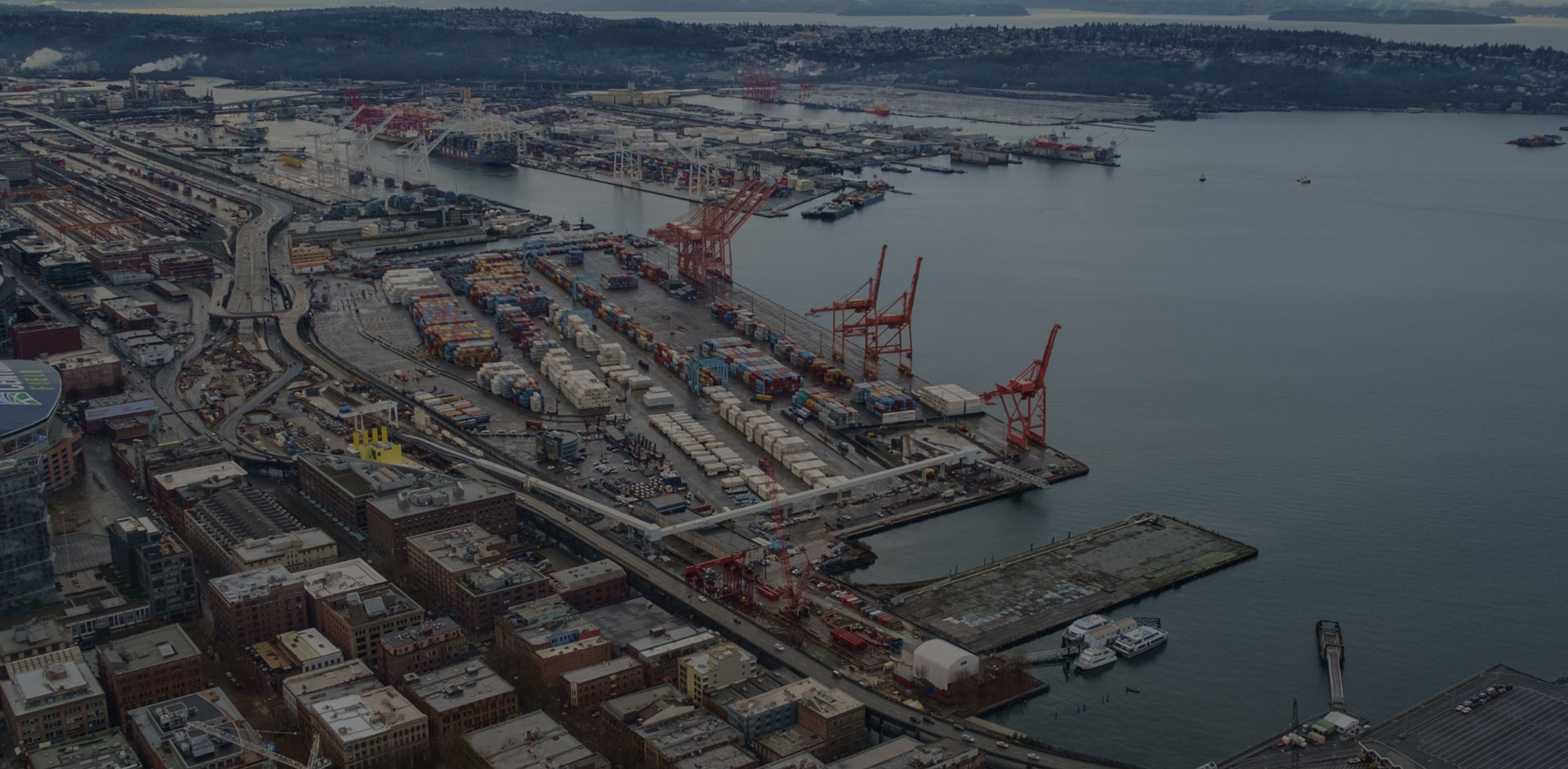In recent decades, the City of Seattle has experienced exponential growth. With more than 10,000 employees spread across 36 agencies, providing services to over 3,800,000 metro area residents is a daunting challenge that increasingly dependent on accurate, timely, and accessible information and records.
The City’s deep commitment to Open Government adds another level of complexity. Any information, created by any employee, in any format, may be subject to public disclosure. Few of us outside of government have ever considered how difficult it might be to preserve and locate every bit of content that we create—from records that we know are important to casual communications that we may assume are trivial.
The City of Seattle had decades of experience delivering this level of information management for paper records. But like most large metropolitan communities, the City and its residents had recently converted almost all their interactions to digital. Well-established paper processes provided no real guidance for how to deal with a rapid change that generated dozens of different types and sources of electronic files.
Despite the digital disruption, the City had continued its reputation for timely and complete responses to public information requests. But timeliness and efficiency are two different things. With the rapid rate of change the City had no choice but to make enormous investments in people and manual processes to keep up. More than three dozen Public Disclosure Officers, along with their support staff, interacted with subject matter experts across all departments to identify and retrieve information on an “as needed” basis. It was labor intensive for the Public Disclosure resources and disruptive to the rest of the City’s staff.
Recognizing these issues, the City issued an RFP for consulting services, and ultimately engaged Access Sciences to assess their electronic records management needs. The goal was to understand how the organization was dealing with the problem today, and to gain insight on a path forward that would improve the situation with new policies and software that the City might already own or acquire.







